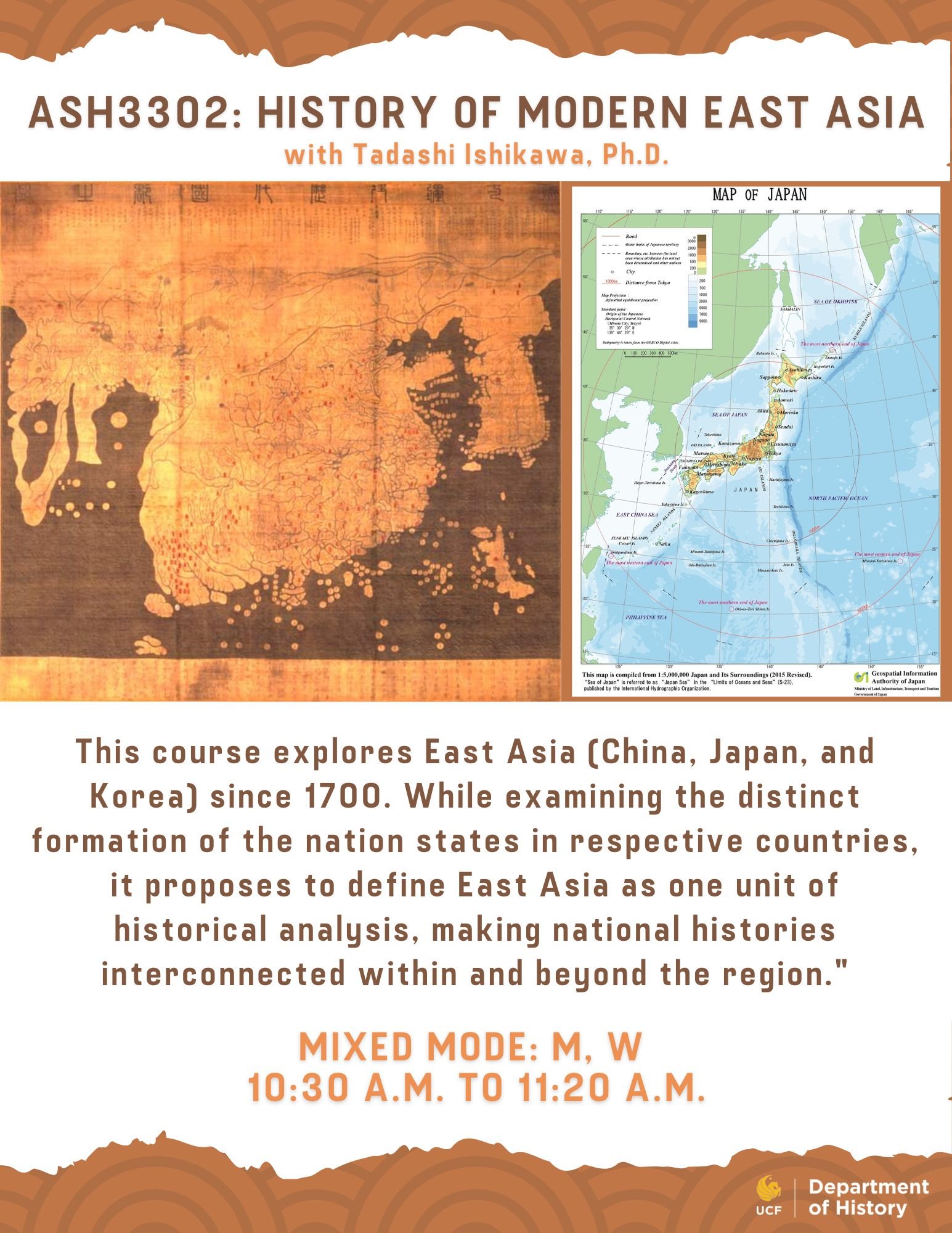My Expertise in Historical Narratives
My historical inquiry begins with my interest in tensions between power and people marginalized by, and yet still embedded into, it. I explore such tensions between power and society as seen in families, laws, and mobilities.
I study state-society relations through the lens of gender relations in the Japanese empire in East Asia and colonial Taiwan during the early twentieth century and in Japan’s relations to East and Southeast Asia during the Cold War.
My research centers on traditional archival research about international organizations, dioplomatic documents, periodicals, ethnocagraphic records, and case records. However, I am also interested in working with communities, civil societies, and other organizations in support of people and their descendants caught in national borders and social norms.
Geographies of Gender:
Family and Law in Imperial Japan and Colonial Taiwan
(Cambridge: Cambridge University Press, 2025)
In the late 1910s, Japanese and Taiwanese men and women lived at the margins of their households. Exploitative daughter adoption, exchange of marriage gifts, as well as nonmarital sexual relationships, drew attentin from print media and laws across the Japanese empire. When intellectuals and courts intervened in those social practices, ordinary and elite men and women responded to the critical calls in and outside of the courtroom. Continued tensions between norms and emerging ideals involved various parties concerned family and cut across Japan’s international and colonial relations, anticolonial masculinity, and Taiwanese women’s agency. These processes centered on gender ideals, ultimately making the empire a gendered space.
「日本雜卷 (7)」(1973),《外交部》, 中研院近史所檔案館藏, 11-29-01-99-105, 頁44.
“Japan on the Move:
Mobilities, Gender, and Cold War Asia”
This next book explores mobilities between Japan and the rest of Asia from the 1960s through 1991. It takes various forms of mobility, such as travelers, development aid, refugees, and migrant workers, as the objects of historical analysis, questioning the division of categories regarding the movements of people, ideas, and capital. The project reveals intellectual, manual, and erotic labor caught between an economically prosperous Japan and an authoritarian Asia, arguing that gendered mobilities defined Japan’s Cold War at the intersection of the United States and Asia.
“Human Trafficking and Intra-Imperial Knowledge: Daughter Adoption, Households, and Law in Imperial Japan and Colonial Taiwan, 1919-1935,” Journal of Women’s History 29, no. 3 (Fall: 2017): 37-60.
This article reveals how the discourse of “human trafficking” emerged in association with daughter adoption in imperial Japan and colonial Taiwan; and how it joined legal forces to reshape family relations in the colony.




